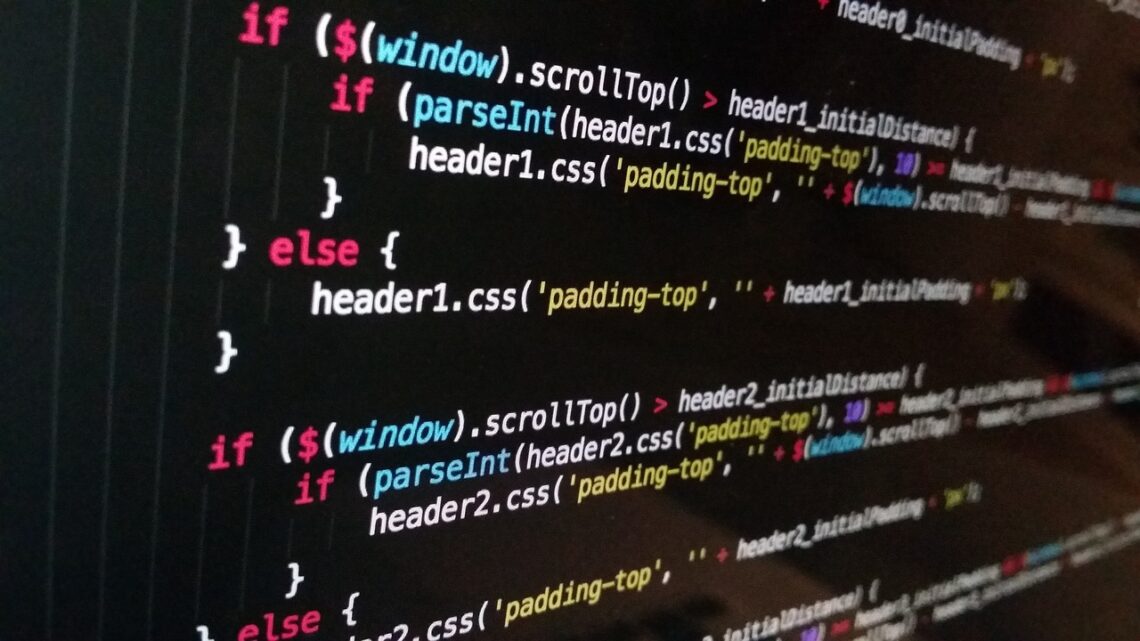The advantages of using an academic editing company Capstone Editing offers publishers all the advantages gained from using a cohesive team of highly qualified and skilled specialist academic editors. Working with a group of individual freelancers simply cannot achieve the same level of quality and consistency that we deliver. We…
-
-
What is Different about Promotion Application Editing? An application for promotion within academia is a rigorous and important process. A successful proposal for promotion provides the applicant with both formal acknowledgement of the hard work and successes achieved over a period of several years, as well as significant financial and…
-
What is Different about Grant Proposal Editing? The ability to secure funding is crucial to academic success. In Australia, it is imperative to gain nationally competitive (category one) grants in order to secure academic employment, to conduct research and for career advancement. Grant proposal writing differs from other forms of…
-
What is Different about Conference Paper Editing Every year, Capstone Editing edits countless conference papers, both at the proposal and presentation stage. The nature of conference paper editing changes depending on the goals of the client. When editing a conference paper proposal, the focus must be on demonstrating a clear…
-
What is Different about Academic Job Application Editing An academic job application requires a level of detail and length that makes it quite unlike applying for a job in the public sector. This may initially seem daunting, especially for early-career academics applying for their first university post. However, the length…
-
1. Introduction 1.1 Capstone Editing provides a Conference Travel Grant for Postgraduate Research Students provides up to A$3,000 for one student per year to assist in covering the costs of attending a conference in relation to their degree (Grant). 2. Eligibility Criteria 2.1In order to be eligible for the Grant: 2.1.1subject…
-
Overview The Capstone Editing Conference Travel Grant for Postgraduate Research Students provides up to A$3,000 for one student per year to assist in covering the costs of attending a conference in relation to their degree. The purpose of attending the conference should be to assist with the student’s research or…
-
In all our editing and interactions with our clients and editors, Capstone Editing maintains the highest standards of academic and professional integrity. Editing for postgraduate students When editing for students, we strictly adhere to the ‘Guidelines for Editing Research Theses’, which were revised by the Institute of Professional Editors (IPEd)…
-
The first article of this series—‘What is Find and Replace? And Why You Should Be Using It’—introduced you to Word’s Find and Replace dialogue box and the many options at your disposal when creating a Find and Replace search. The next article in the series—‘What You Can Do with Find…
-
March was Cerebral Palsy Awareness Month. To show our support, Capstone Editing asked Jennifer LaRocco from Cerebral Palsy Guidance to give us some information about the condition and how to help those living with it. Raising awareness for cerebral palsy (CP) and funding for research is important all year long. But March…









